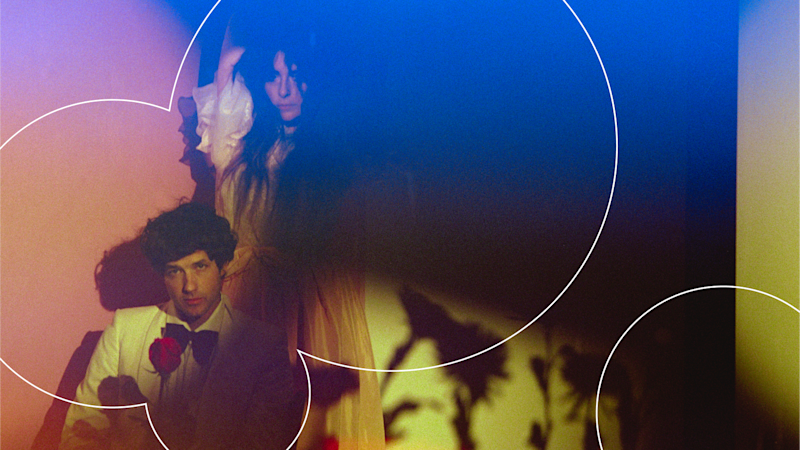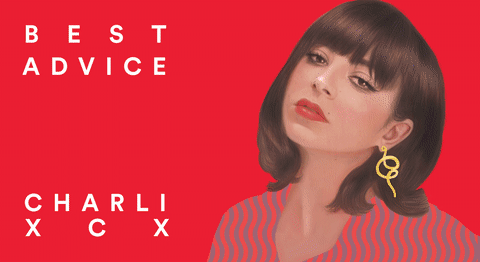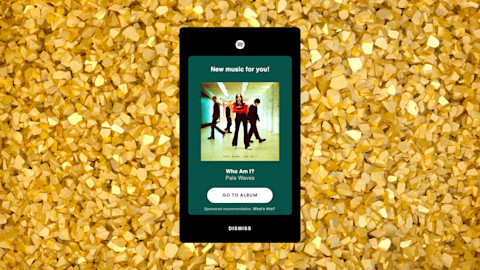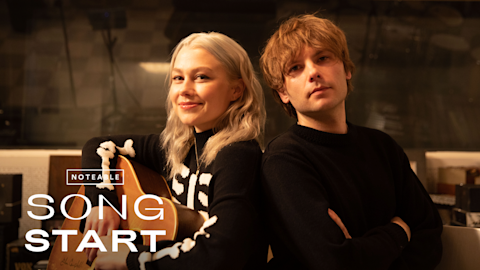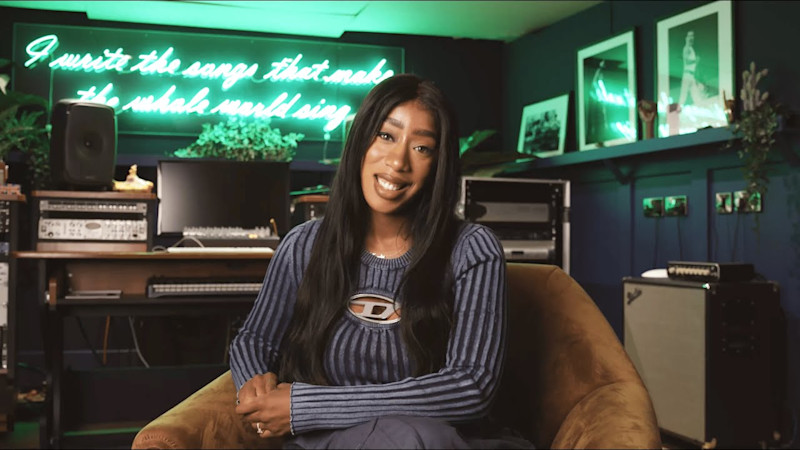MusiCares' COVID-19 Relief Fund is being supported by Spotify through its COVID-19 Music Relief project. Spotify is making a donation to this and all organizations listed, and will match public donations made via the above linked page dollar-for-dollar up to a total Spotify contribution of $10 million.
Earlier this year, Wesley Bunch thought that 2020 would be the busiest year of his musical life. His band, Suburban Living, was gearing up to release its third album, How to Be Human, in May, and had planned a co-headlining tour that included a stop at the South By Southwest festival.
That tour lasted one stop. The Philadelphia-based band had to cancel the rest of its shows because of the COVID-19 outbreak and the resulting restrictions placed on large gatherings, which hit the live-music industry particularly hard. "My entire life and income revolves around more than 10 people gathering in a room at one time," says Bunch, who also works as a freelance audio and video engineer. "Since the CDC regulation, life has been completely put on pause."
When Bunch heard about the MusiCares COVID-19 Relief Fund, he applied right away—and learned about the existence of the Recording Academy's philanthropic arm. "Honestly, I wasn’t aware of MusiCares until I had applied for the COVID-19 grant," he says. "My partner works in the music industry and forwarded me the link to apply. It took me less than an hour, and within a couple of weeks I was approved."
MusiCares began discussing what became the COVID-19 Relief Fund in mid-March, when tours were being canceled and venues were closing. "As more and more cancellations were happening, we realized that the music industry, once again, would be very vulnerable to the effects of this pandemic," says Debbie Carroll, MusiCares' Vice President of Health and Human Services. "So we began conversations around how we could announce an effort similar to some of our relief efforts with other disasters, but yet uniquely different."
That led the organization, which supplies musicians in need with financial and other resources, to establish the fund, which offers grants of up to $1,000 for artists who have lost work because of the pandemic. The fund, which has thus far raised more than $10 million, has processed 6,200 applications in the past three weeks.
Seeking to help as many people as possible
Because of MusiCares' "ability to be charitable when it makes sense to do so," Carroll encourages people with as little as a year of music-industry experience who have been affected by the COVID-19 pandemic to apply for assistance.
"We try to be as targeted and poignant with our messaging to let people [in the music industry] know, 'Hey, we are here for you. Please apply,'" she says. "There's also some misconception that [MusiCares follows] the Recording Academy guidelines for a membership, which we don't. We assist bus drivers, lighting tech guys, security, makeup artists, label folks, songwriters, engineers, producers—really, our [mandate] is pretty broad and vast. Obviously, we have to stay true to our mission in terms of defining the 'music industry,' but that includes everybody who works in the industry. We're very proud of that."
The fund's application requirements include documentation of a person's background in the music industry (such as liner notes or letters from past employers), a biography, and evidence of involvement in canceled events—the latter of which, Carroll, notes, has been made easier to track down because of the move to online correspondence. "Letters from employers, or venue closures, contracts that had been null and void [all count as documentation]," says Carroll. "Anything that [applicants] can find that notes that they've lost lots of work as a result of this pandemic."
"Each one of those applications is vetted for eligibility and completeness, then put through to a grant review committee who makes the final decision about funding," Carroll notes. "It's a detailed process that preserves the integrity of each charitable dollar that's donated to us, so that we can ensure with 100 percent conviction that the money is going to the people who fall within our mission and music people who are in need."
So far, the MusiCares fund's applicant pool has contained people from all over the music industry looking for help. "Even with our initial calculations, I think I can say from all of us that the need has been more extraordinary than we anticipated," says Carroll.
MusiCares' resources for musicians affected by the pandemic go beyond the COVID-19 Relief Fund. The FAQ page for the fund has links to information and guidance for people who are out of work, including unemployment benefits, resources for dealing with addiction and recovery, mental-health resources, and links to other entertainment organizations that are offering assistance to people working in the arts.
Suburban Living's LP How to Be Human has been pushed back to August. Bunch is still at work on creative projects and collaborations with musicians abroad, his stress alleviated by MusiCares' help. "It’s been such a relief to know that future income is on the way," says Bunch. "While most of the funds will go towards my bills, food, cost of living, et cetera, I also now have a little money to invest in some recording gear that will help me in adapting to online performances, editing audio for videos or podcasts, and [recording] higher-quality demos for some collaboration projects I’ve been working on in quarantine.
"I never thought I’d get the chance to thank the Academy, but now I get to!" he adds. "Thank you [for] seeing and noticing even the smaller independent artists in this time!"
—Maura Johnston
